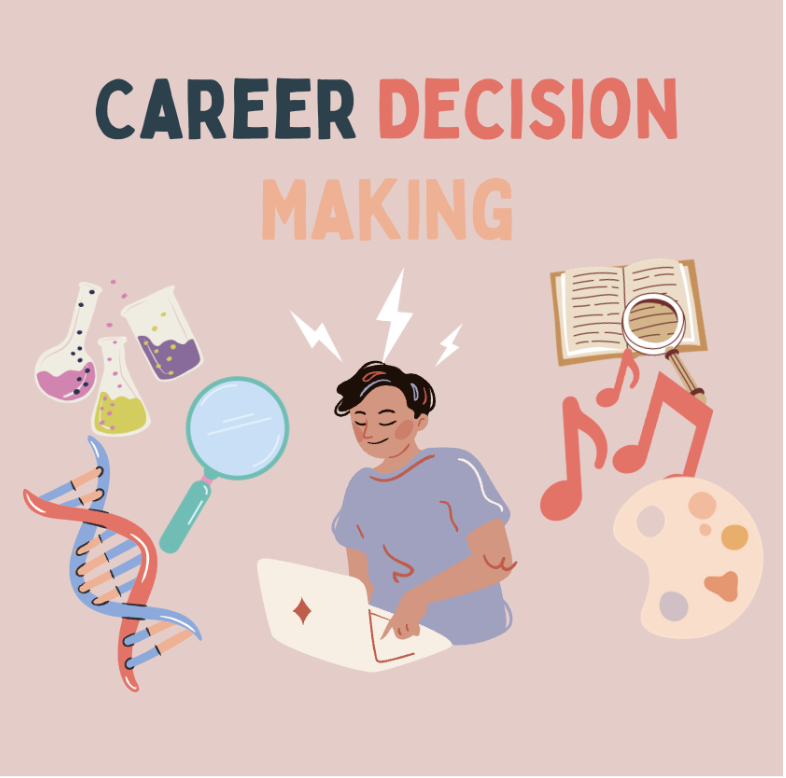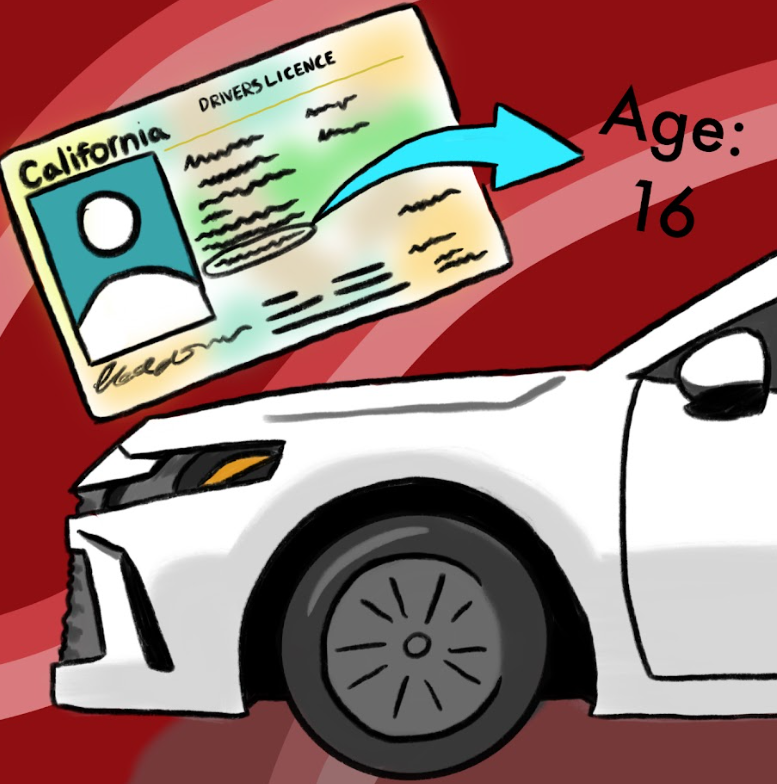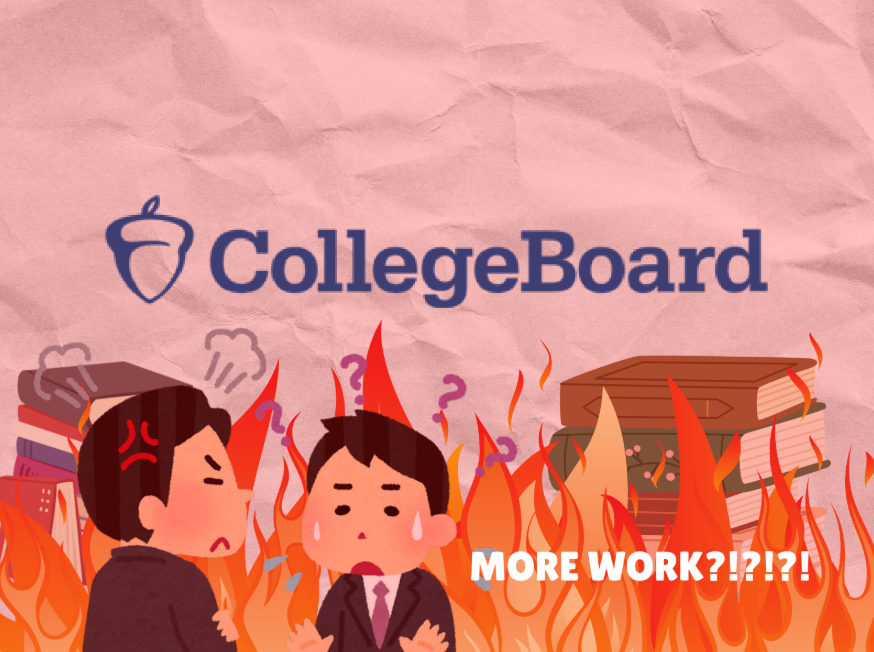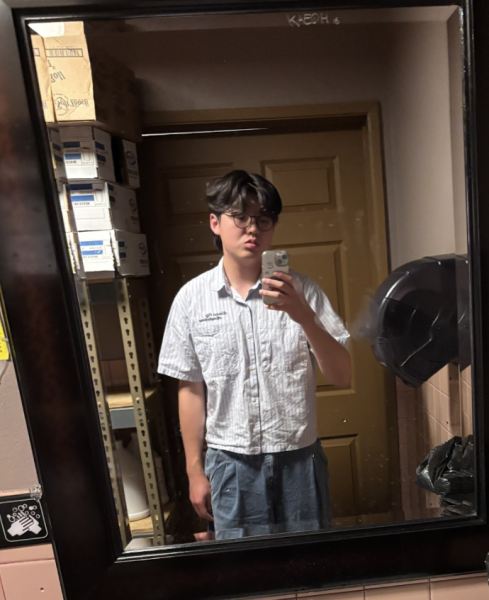I have been told the same message from childhood to now: pursuing the sciences is the best way to ensure a stable job and a positive outcome in life. By seeing “successful” doctors and engineers living a comfortable and extravagant lifestyle, I always thought that claim was valid.
But what about exploring your interests and hobbies?
As a kid, you are encouraged to explore interests and hobbies as young as possible. Choices range from arts or design, club sports, or even science. No matter what the hobby is, there is no inherent need for you at that age to choose one specific thing you will spend the rest of your life doing. But once the daunting task of becoming an adult arrives, you are subjugated to that dilemma. For those seeking higher education, there is an expectation to make your major worthwhile for future opportunities. For those who do not, the time to choose is even more apparent, with adulthood throwing its bills, taxes, and societal pressures as soon as you get a career. With all those built-up hobbies and interests, you might think pursuing them at a higher level may be a good decision.
However, the expectations and stereotypes of particular career aspirations may discourage you from pursuing them. For example, the stereotypes of the “starving artist” exist because of the often low pay associated with that career. According to Indeed, the average artist makes $21.95 with limited career opportunities compared to other interests. Similarly, aspiring novelists struggle to get the recognition and support they need from others, as publishing even one successful book is extremely difficult. Even with sports, the level required to go pro is tremendously high, discouraging millions worldwide from becoming professional athletes.
“The problem is we end up making career choices to impress other people so we can feel that fleeting rush of validation. In the process, we lose sight of what makes us truly happy” (O’Donnell). [1] Validation and difficulty finding success in many careers cause us to give up our long-established interests. However, we still must remember that we need enough money to support ourselves and fit into the expectations of others.
Can there exist a balance between interests and practicality?
From QHHS AP Student Natalie Topper, “I think people should also look into how they can capitalize upon their interests for a major in college so that they can have financial success.” To accomplish this, think of multiple things you would be fine doing in the future. When looking at these career goals, there may be various ways to apply your top hobbies and skills more broadly. If you’re an artist, for example, you could try to find a marketing job where you can still use your creative lens. Even if you cannot apply your top hobby, you should still pursue something that interests you instead of just looking at the money and the possibility of a comfortable lifestyle it will bring. Remember, you should have a career that allows you to grow and adapt.










